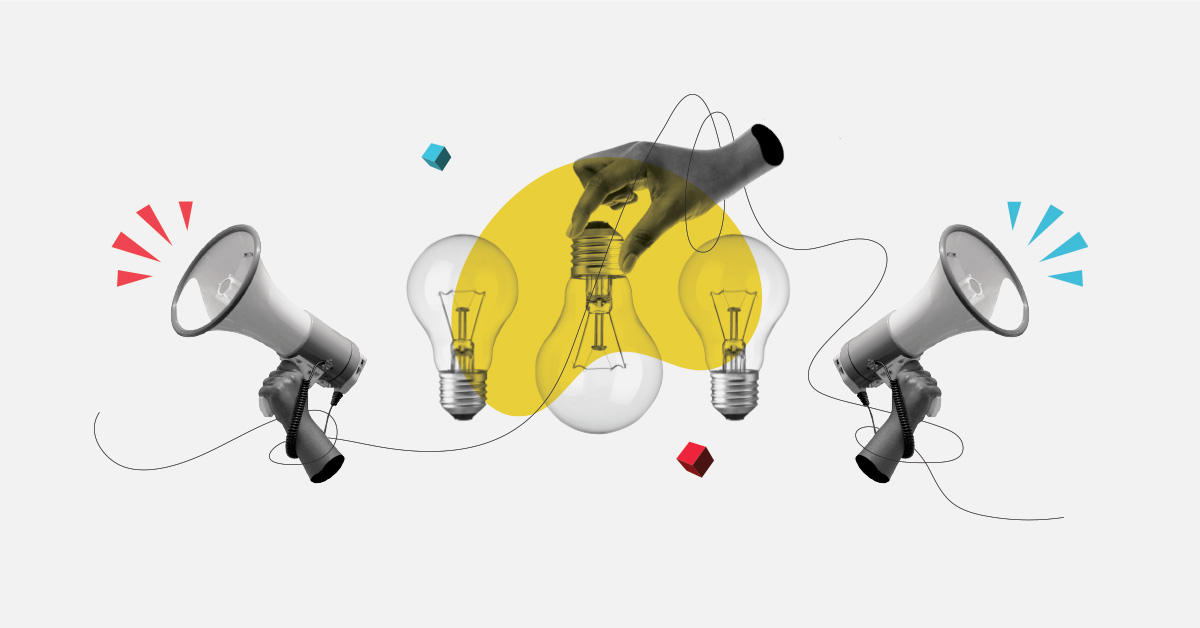A casual chat among female students revealed many were on anti-anxiety medications. A class on techniques for leading group therapy led to multiple revelations of self-loathing. For college instructor Stephanie Ruckstuhl, those were messages too strong to ignore.
“Happens once, it’s a fluke, then a second time, and I thought, what are we doing to our girls?” said Ruckstuhl, a teacher in the practical nursing program at New Brunswick Community College in St. Andrew’s by the Sea. With those conversations fresh in her mind, the idea of intervening with young girls to develop positive social skills through role models and mentoring made a lot of sense.
With researchers Carla Dwyer from New Brunswick Community College and Chris Gilham from St. Francis Xavier University, Ruckstuhl obtained a Community and College Social Innovation Fund grant from the Social Sciences and Humanities Research Council.
“I started looking in to self-esteem, self-image” Ruckstuhl explained. “Research shows by the age of Grade 7, 50 per cent of girls have good self-esteem. By Grade 10, only 20 per cent of girls have good self-esteem.” It is in those years as well that bullying becomes a factor. A 2013 New Brunswick study on student wellness found bullying to be a much bigger problem among girls than boys. In it, 42 per cent of girls reported other students were spreading rumours about them, compared to 26 per cent of boys, and 46 per cent of girls said they had been called names or unkindly teased, compared to 37 per cent of boys.
It’s the result of what Ruckstuhl sees as the desire of girls in their early teens “to get rid of their good-girl image and being kind,” and at the core of the research. She and her colleagues want to know if “pro-social” role modelling and mentoring work to change attitudes among teen girls, and if so, how they might be integrated by educators and health professionals into their practice, and whether the model could be used elsewhere. Pro-social behaviour refers to the characteristics that help people fit in to the community — including critical thinking, knowing how to communicate, knowing how to build relationships and showing empathy.
The research project will start with testing to determine the most effective interventions to strengthen pro-social skills and increase self-esteem, and look at whether nursing students mentoring girls has any impact on improving their pro-social skills and self-esteem. Grade 7 girls in six schools will be given a baseline test for self-esteem. At the end of the project, when they are in grade 10, they will be tested again.
Evidence suggests youth-led initiatives work well in mental health so the project will create teams of second-year practical nursing students who have taken a mental health course. They will visit the six schools in the project over an eight-week period for workshop sessions where they will discuss strategies to build self-esteem and social skills.


